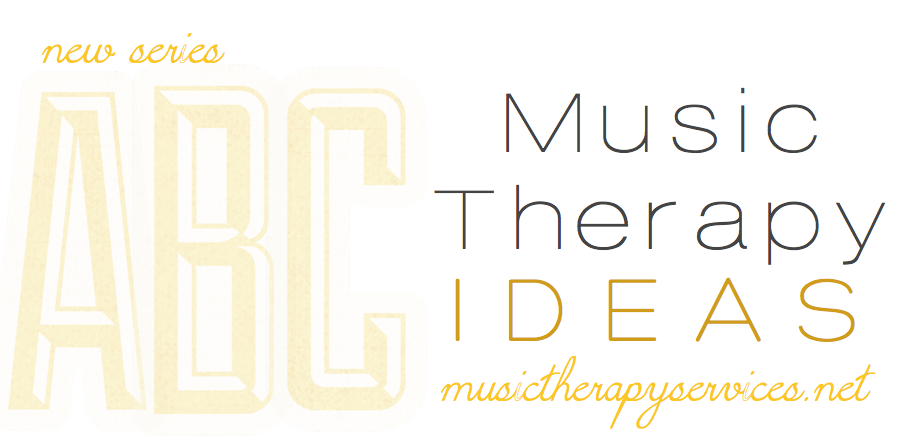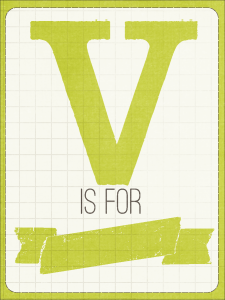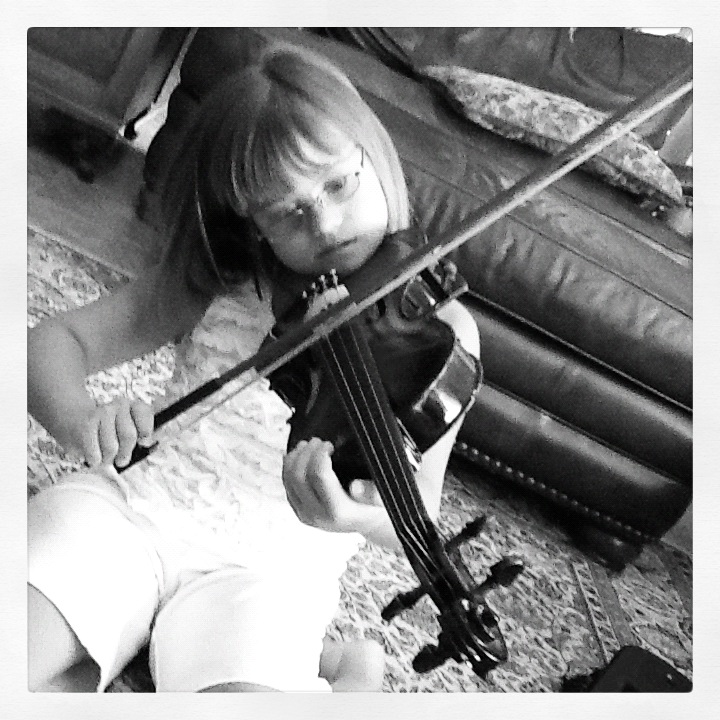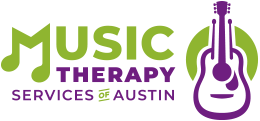V is for


Violin

At age 5, practicing on our hiking break in Colorado.
When I first began studying music therapy, I wasn’t sure how my “main” instrument would come into play (quite literally)…or if it would be played at all!
The answer? More than I could have ever imagined.
I began violin lessons at the age of 5, right around the time I began taking lessons from this lady (“this lady” being my lovely mother) ;). I hated it at first. I cried so much that the majority of the varnish had worn off my little bitty violin by the next year. However, I grew to love it. The sound, the versatility, the variety of music that could be played on it, how the Suzuki method had allowed me to pick up any melody by ear and play it…
I was on a music scholarship during my undergraduate years, even though I was not a music major (I pursued a career in speech pathology and elementary education before I had even heard of music therapy…more on that HERE). Therefore, I still participated in orchestra and violin lessons, which allowed forced me to maintain my musicianship. Fast forward 4 years later: I’m applying for my equivalency and Master’s in music therapy and I keep reminding myself what a good thing it was that I kept up my violin and piano skills.

A MTSA client is allowed to play the violin after exhibiting wanted behaviors (and to work on fine motor skills!). Photo used with parental permission.
I found it a bit difficult to even brainstorm how I could use my violin in my music therapy sessions…could I still sing while playing? Could I move around while bowing and fingering the melody at-hand? Could I trust that nothing would happen to the violin during the session? Was it relatable?
To my surprise, it was a resounding “YES” to all of the above!
While I don’t use my “real” violin in sessions (instead, I use a much cheaper, electronic/acoustic hybrid), I can easily say that the violin brings something to the session that the guitar and piano can’t. My clients become accustomed to the piano, voice, guitar, and rhythm instruments during the session…however, when I break out the violin, it’s like I’m holding solid gold (especially for the younger clients). It brings a different sound to the pieces, it allows my children to work on fine motor skills, it is not as common as the guitar. It can be used as a reward and/or reinforcement for wanted behaviors. The list goes on and on!
Music therapists: Do you find that you’re able to incorporate your main instrument into your sessions? I have a friend who has found ways to incorporate her tuba…now THAT’S creative!! (Kudos to you, Kristin!)
Clients and families: Do you have a favorite instrument that your music therapist uses during the session?


